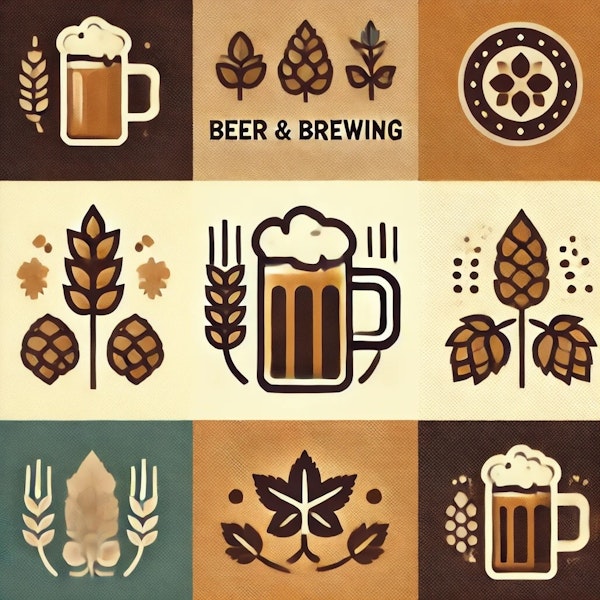
This beer is inspired by Mike Todd, a fellow member of the Stoney Creek Homebrewers, who brought a SMaSH version to a recent meeting. We were all blown away by the clarion blackberry/black currant/plum notes that the Bramling Cross hops pumped out!
Rich and bready but never sweet and hot, the English Barleywine is the beer-drinking equivalent of eating warm biscuits straight out of the oven. Here’s how to brew your best one.
You can't make great beer without being a great beer evaluator. Join Josh Weikert as he shows you how to become the best judge you can be
Here we’ve used Amarillo, Chinook, and Nugget to create an American saison with a bright pineapple and blackberry flavor and a distinct resiny Nugget aroma.
ESB is distinctly English, with significant malt complexity (though usually of the lower-Lovibond variety), a fairly high IBU-to-gravity ratio, and English flavor/aroma hops and yeast strains. Here’s how to make your best one.
Adding raspberries to your porter is a fantastic way to expand your flavor options and test your creativity. Josh Weikert shows you how to make three adjustments to your recipe to account for the additional tartness/astringency from the raspberries.
Bring out the Oatmeal Stout when you want a beer that’s not bone dry, not intensely roasty, not saccharine-sweet, and not overly alcoholic—but still clearly a stout. Here’s how to make your best.
When brewers ask Josh Weikert what their first “big” beer should be, it isn’t barleywine or Old Ale or double IPA: it’s Weizenbock. Here’s why . . . and how.
With just a bit of tweaking, you can produce a range of session stouts that preserve the complexity and interest of their full-strength cousins. Josh Weikert shows you how to maintain body and flavor in a session stout.
American Pale Ale should be a beer that drinks easily and highlights its American hops flavors and aromas. Its closest analog isn’t IPA; it’s British Golden Ale, Americanized! Here’s how to brew a great one.